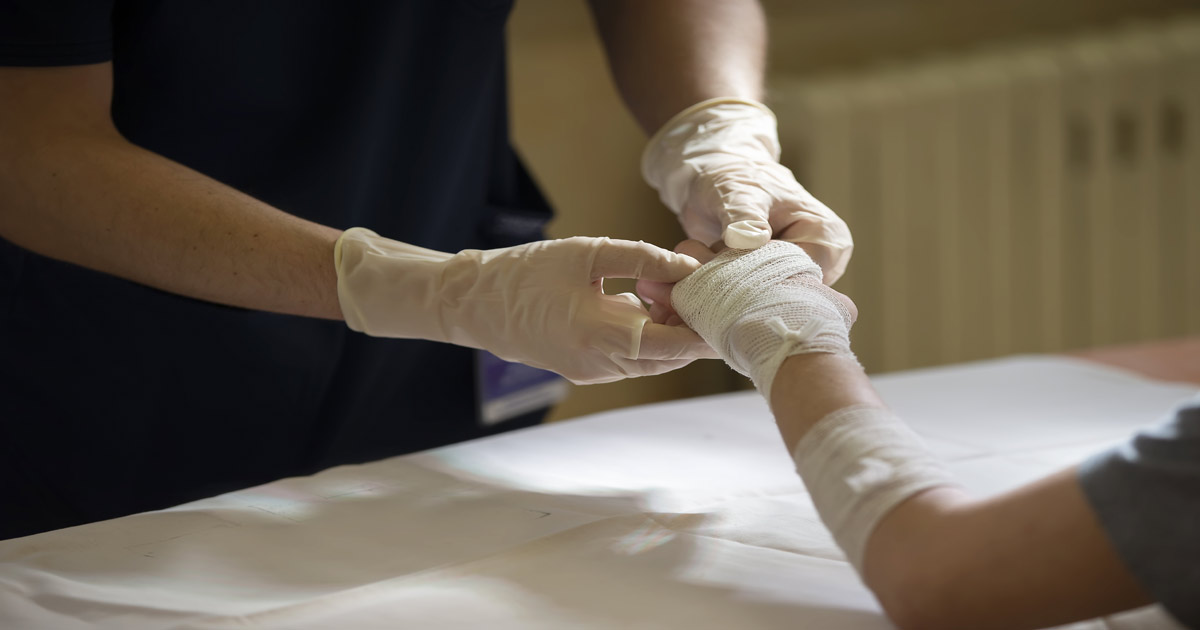Car accidents are traumatic events that can lead to a variety of injuries, and one of the most severe and life-altering consequences is burn injuries. Burns sustained in car accidents can range from minor to severe, causing long-term physical and emotional consequences for the victims.
Burn injuries stemming from a car accident happen more often than you may realize. According to the CDC, about 250,000 people are taken to the emergency room due to a burn injury caused by a car accident every year.
Burn injuries can be devastating, with a much greater recovery time than other car accident injuries like broken bones. Burn injuries are divided into four different groups:
- First-degree burns: Mostly superficial, first-degree burns generally are minor and affect only the top layer of skin. Symptoms include dry skin, redness, and mild discomfort.
- Second-degree burns: These burns affect the epidermis and dermis, the first and second layers of skin. Symptoms include increased pain, swelling, discoloration, and blisters. Permanent scars may form.
- Third-degree burns: These types of burns are serious injuries and extremely painful and often destroy nerve endings. They char the top two layers of skin, damage fat, and sweat glands, and turn black or brown.
- Fourth-degree burns: The most severe class of burns, fourth-degree burns are often life-threatening, damage all layers of skin and fat, and can even harm muscles and bones.
A driver or passenger faces many different types of burns in a car accident. These include:
- Thermal burns: Thermal burns are the most common burns in car accidents. These injuries occur when the skin meets hot surfaces, liquids, or flames. In a car crash, victims can be exposed to burning vehicles, hot engine components, or ignited fuel. Thermal burns can vary in severity, with first-degree burns causing mild pain and redness, while third-degree burns can lead to deep tissue damage and scarring.
- Chemical burns: Car accidents may involve releasing hazardous chemicals like fuel, coolant, or battery acid. When these substances come into contact with the skin, they can cause chemical burns. Chemical burns can be particularly dangerous as they may not show immediate symptoms and can continue to damage the skin over time. Seeking prompt medical attention is crucial to minimize the long-term effects of chemical burns.
- Electrical burns: In accidents involving electrical systems, such as collisions with power lines or live wires, victims can suffer electrical burns. These burns occur when the body conducts electricity, leading to injury. Electrical burns may not always be visible on the skin’s surface, as the damage can occur internally. Individuals in car accidents near power sources must be thoroughly examined for potential electrical burns.
- Inhalation burns: In car accidents where fires or explosions occur, victims may inhale hot air, smoke, or toxic fumes, resulting in inhalation burns. These burns affect the respiratory system and can lead to serious complications. Even if the skin does not show signs of burns, individuals involved in fires during car accidents should be evaluated for potential internal injuries caused by inhalation burns.
- Friction burns: Friction burns, also known as abrasion burns, can happen in car accidents where individuals are thrown or dragged along the road surface. The friction between the skin and the road can cause burns, leading to pain, swelling, and skin abrasions. While friction burns may not be as severe as other burns, they can still result in discomfort and potential complications if not properly treated.
Our Hazlet Car Accident Lawyers at Mikita & Roccanova Help Accident Victims Suffering From Burn Injuries
If you have suffered burn injuries in a car accident, you likely are facing a lengthy recovery. You may need legal help. Our Hazlet car accident lawyers at Mikita & Roccanova are here for you. Call us today at 732-705-3363 or fill out our online form for a free consultation. With offices in Hazlet and Highland Park, New Jersey, we serve clients in Ocean County, Sussex County, Neptune, Middlesex County, and Pennsylvania.


